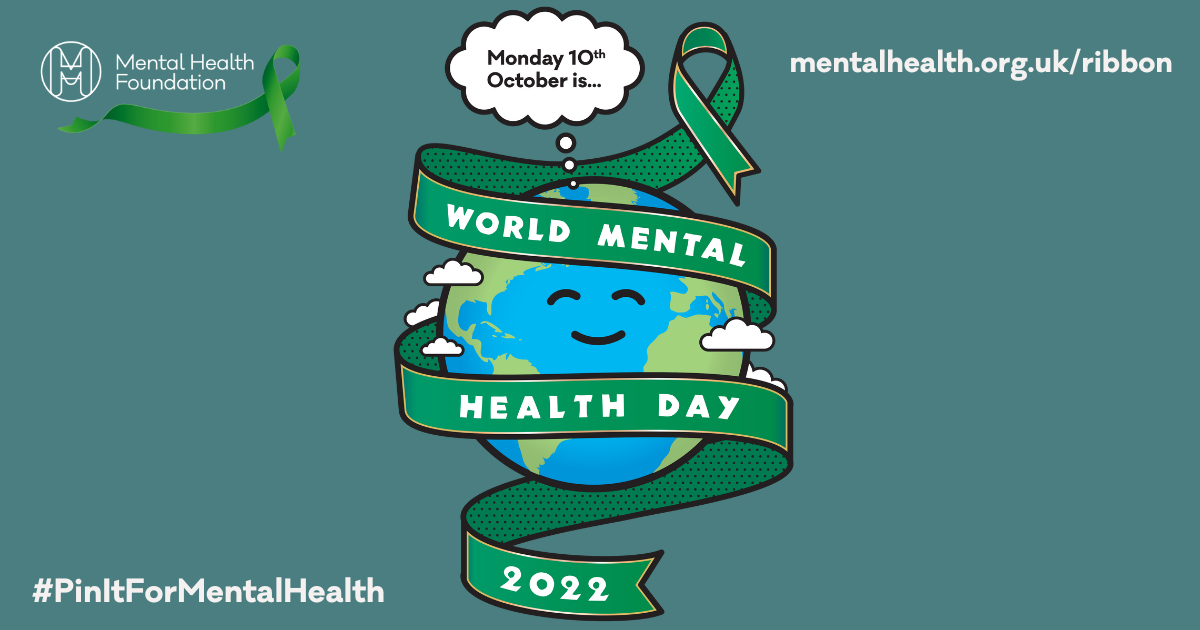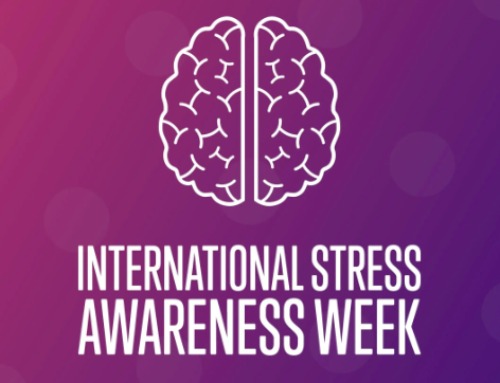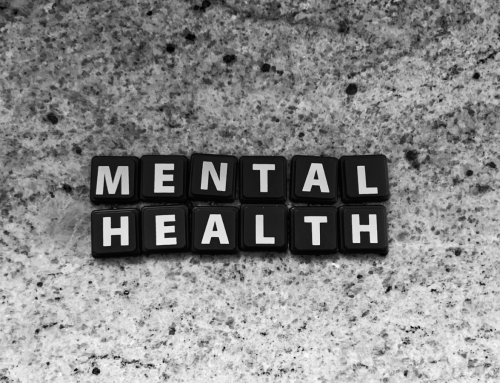The World Health Organisation recognises 10th October as World Mental Health Day and each year has a specific theme. In 2022 this is ‘make mental health and wellbeing for all a global priority’*.
We see this very much in the construction industry where every single working day we see two construction workers take their own lives. Stress, depression and anxiety account for 27% of all work related illness**.
Mental Health needs to be treated in the same way as physical health. Prevention, as is often the case with physical health, is better than cure and needs to be tackled from all angles – governments, schools, charities, employers and as individuals we all need to address this ever growing issue.
Prevention can mean different things for different people and what stresses they may be under at any given time. Broadly speaking there are three different types of prevention that we can help address both as individuals and society:
- Primary Prevention where we can stop problems before they start. Looking after our mental health from an early age helps children develop resilience that will help them protect their own mental health as well as look at for each other’s. Growing up in a society where it’s ok to talk, and anti-stigma awareness can only be a good thing and we see charities such as Mind, the Samaritans and others supporting this. Further to this we need to build in our organisations cultures that do not provoke ill health through unhealthy stress. Culture where there is equal challenge and support. Cultures where the people come first. This can only come about through true leadership.
- Secondary Prevention where we can help those at higher risk of mental illness. For example, those in minority groups who may suffer because of bullying, or those that have experienced hate crime or suffered trauma, or are already faced with physical or emotional stress – looking after loved ones who may be ill in the long term. Many construction workers cite feeling unable to speak-up for instance.
- Tertiary Prevention helps people who already suffer with mental health issues and provides support to help them feel well in their day to day lives. Often times financial stressors can push people over the edge where they may otherwise be keeping on a ‘level’. This type of prevention aims to help people manage their own health and avoid relapse.
The need for secondary and tertiary prevention becomes significantly reduced when we put the work into primary prevention. Wherever we may be on the mental health spectrum there is much we can all do: Keeping ourselves fit and well, looking out for each other and providing support to those suffering. Society also has a huge role to play from employers caring and supporting staff who may be unwell, and charities and governments providing financial, professional and emotional support for those that need it most, we can all do something.
*See WMHD for further information
**Visit the Lighthouse Charity for these statistics and more you can do to help.




